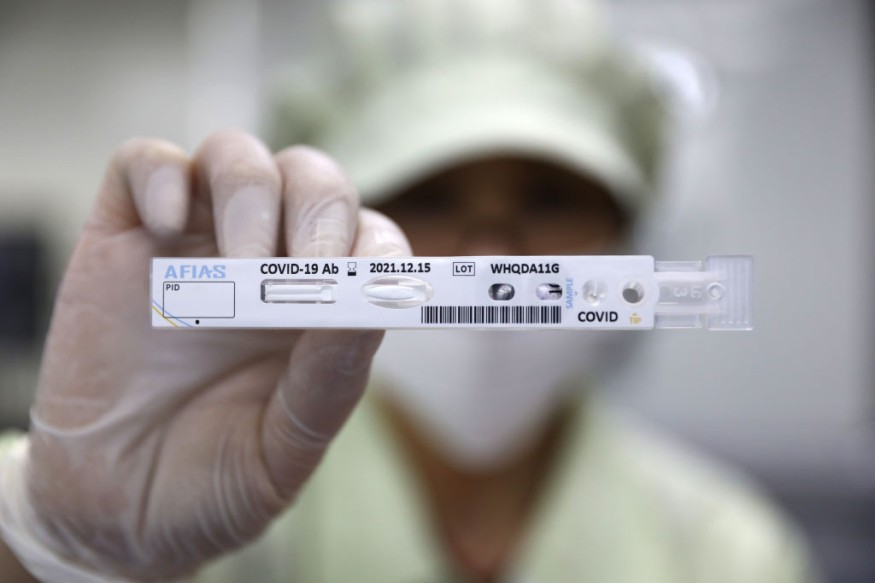The emergence of symptoms is the beginning of a prolonged fight for a small community of coronavirus patients known as "long-haulers." Many patients with COVID-19 develop weeks-or months-long diseases, which researchers now call "Long-COVID."
These patients are challenging to research since not many have originally obtained an accurate diagnosis due to monitoring shortages or inconsistent symptoms. Some can not mention lingering illnesses, making it impossible for researchers to track them.
But the early signs that a patient will not heal right away are starting to be detected from a spate of preliminary trials.
By requiring them to report their symptoms in an app, new research from King's College London investigated more than 4,000 coronavirus patients around Sweden, the UK, and the US.
After four weeks, about 20 percent said they didn't feel better, the point at which the researchers marked a long-COVID situation. Approximately 190 patients registered residual symptoms within eight weeks. And by 12 weeks, almost 100 patients had confirmed that they had not yet healed.
The analysis showed that patients who reported more than five signs within the first week of their disease were far more likely to develop long-COVID. Across gender and age classes, it was real.
The researchers also recognized five long-COVID symptoms such as: exhaustion, fever, trouble breathing, hoarse speech, and muscle or body aches. This may provide clues regarding goals for potential trials for COVID-19.

Age, Gender, And BMI Could Predict Long-COVID Cases
According to the King's College report, age is the best indicator of a long-COVID case, by far. Around 22 percent of participants aged 70 and older had long-term effects compared to 10 percent of people aged 18 to 49.
The occurrence of long-COVID was also more likely for participants with a higher body mass index (BMI).
While gender might not be as good as a predictor of a long-COVID case, women in younger age groups suffer from this outcome more likely than men. About 10 percent of males, about 15 percent of women in the study had long-term effects.
The result is surprising, as males are, on average, more susceptible than females to extreme COVID-19 outcomes. Studies have shown that women may produce a stronger immune response to the virus, but scientists have not determined precisely why. Other studies also referred to behavioral causes, such as men consuming less nutritiously than women, being more inclined to smoke cigarettes, or being unwilling to wear masks or wash their hands.
However, one reason for the unexpected trend in long-lasting instances might be that, in the first instance, more women than men reported their symptoms into the app.
Non-Hospitalized Patients Are Still Under-Studied
Surveys requiring individuals to report their symptoms are imperfect since individuals can find it challenging to recall each sign or equate it with anything other than the infection.
But even incomplete results can be helpful, she said, because the long-term implications of the infection are so little understood.
Most coronavirus tests have targeted hospitalized patients that could be more prone to experience such effects, such as fever. For example, the King's College London research showed that fever was a good indicator of returning to a hospital. But just 8 percent of patients in a different study registered fever in the first 10 days of their illness.
Further studies could monitor non-hospitalized people, asymptomatic individuals, to help grasp the virus's impact.
Check out more news and information on COVID-19 in Science Times.
© 2026 ScienceTimes.com All rights reserved. Do not reproduce without permission. The window to the world of Science Times.











